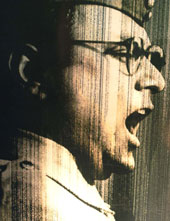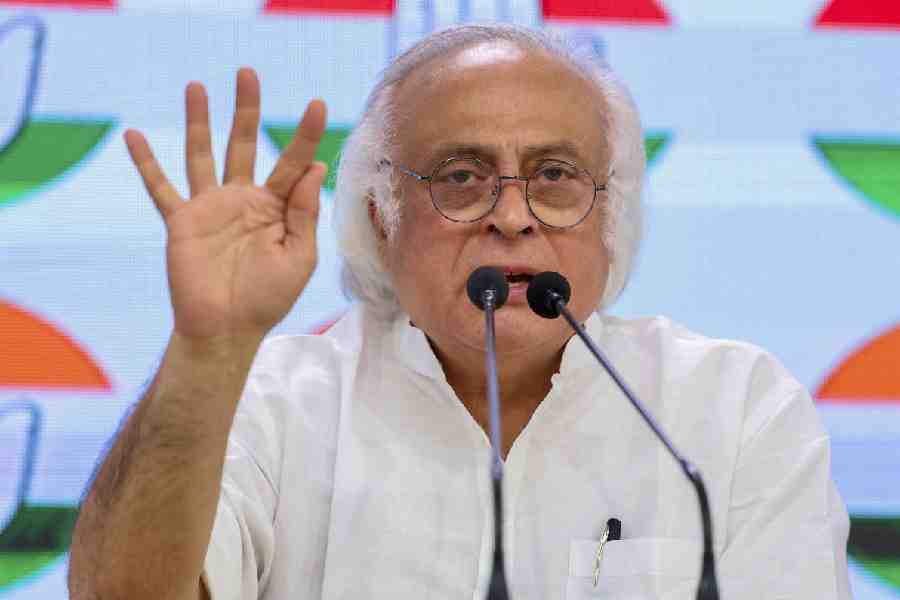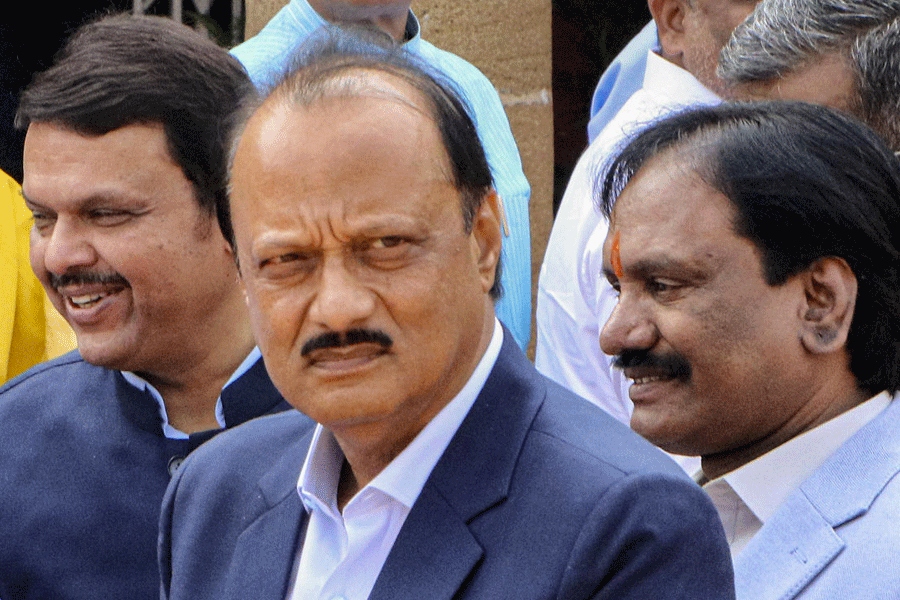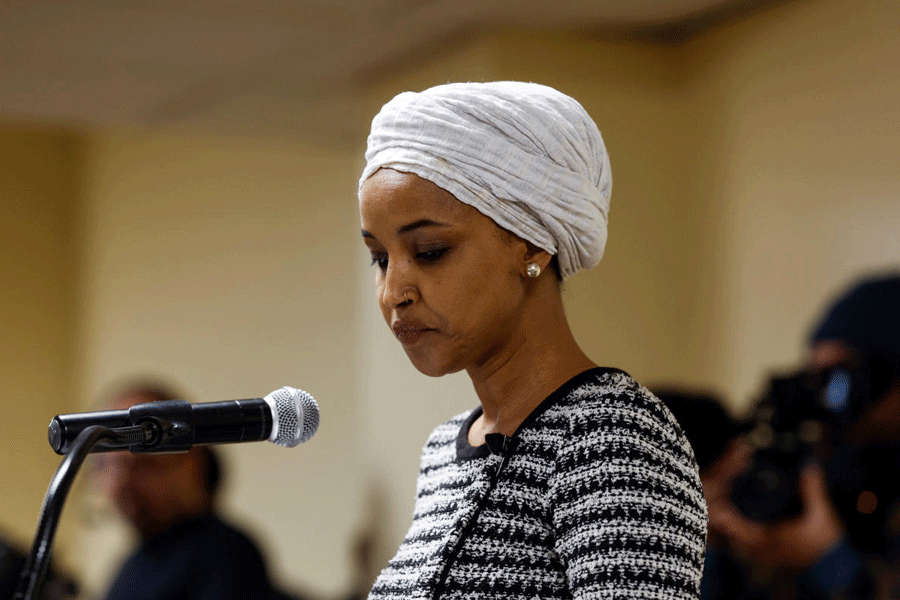 |
 |
| Passion Play: Emilie Schenkl; (top) a poster of the film featuring Sachin Khedekar in the title role |
Subhas Chandra Bose’s political career has been the subject of endless research and debate based on material from his public life. Until Emilie Schenkl, who Bose met in Vienna in 1934, permitted her correspondence with Bose to be published as part of his Collected Works in the Nineties, his private thoughts as expressed to her could not be taken into account.
Even after the publication of the correspondence, their relationship remained the subject of romance or controversy, compartmentalised as his private life. This article weaves together the public and the private at critical junctures of Bose’s career to offer alternative explanatory factors for two famous journeys made by Bose. The first was his escape from India to Nazi Germany in 1941 and the second was his flight from southeast Asia in 1945, apparently towards Manchuria and the Soviet Union ? which proved to be his last.
Bose had powerful personal reasons to go to Europe during the war and towards the Soviet Union at the end of the war. While the public, political factors may have had a role to play, the private, personal ones pointed Bose inexorably towards the specific journeys he undertook. To an extent, therefore, the public, political factors provided justification for journeys that were actually private, personal ones.
In Badgastein in December 1937, Bose was writing his unfinished autobiography, An Indian Pilgrim. Bose’s biographer Leonard Gordon has drawn attention to the central role assigned to love in the chapter entitled My Faith. Gordon writes: “In An Indian Pilgrim Bose places the development of love at the centre of human life.”
This is not surprising considering that Bose’s personal life had undergone a transformation since he met Emilie Schenkl. Schenkl was with him in Badgastein in December 1937. She later stated to Gordon and to her family that on December 26, 1937, she and Bose were secretly married in Badgastein.
In the Indian National Congress presidential elections held on January 29, 1939, Bose defeated Gandhi’s anointed candidate Pattabhi Sitaramayya by over 200 votes. On February 11, he wrote to Schenkl apologising for not writing earlier and telling her about his famous victory: “The result of the election is a great victory for me. The whole country is full of excitement over the election but a terrible responsibility has come on my shoulders.” And tucked away among the reminders to take her medicines regularly, corrections of her spelling mistakes, etc, was the line ? “Ich denke immer an Sie. Warum glauben Sie nicht? (I think of you all the time ? why don’t you believe me?)”
Soon after, Bose fell ill and remained unwell through the Congress session held in Tripura in March, 1939. He wished he could go to Badgastein for a restcure but was not sure if he could spare the time, or the money. At the same time that he was planning a visit to Badgastein, Bose was embroiled in a war of attrition with the Congress. He may have won the battle of elections in 1939, but he lost the war with Gandhi.
He eventually resigned on April 29, 1939. The letters exchanged with Nehru at this time reveal Bose’s bitter disappointment with what he considered was Nehru’s unsupportive attitude throughout the crisis.
The letters to Schenkl were, however, entirely different. “Jeden Tag denke ich an Sie (I think of you every day),” wrote Bose, promising to write more regularly now.
One can only imagine Bose’s thoughts and feelings when on September 1, 1939, Hitler invaded Poland, precipitating World War II. It put paid to all his plans of visiting Europe and getting together with Schenkl again.
After a long period of no communication, the next letter from Bose to Schenkl is dated April 3, 1941, from Berlin. “You will be surprised to get this letter from me and even more surprised to know that I am writing this from Berlin.”
September 1939 to April 1941 ? it had taken him more than a year-and-a-half in the middle of World War II ? but Bose had finally made it to Europe, to his cherished reunion with Emilie Schenkl.
In the intervening period he had gone on a fast unto death to effect his release from prison in 1940, undertaken a daring escape from home internment in Calcutta, travelled by road, rail, air, pack animal, on foot if necessary, in at least three different disguises, traversed from Calcutta to Peshawar, over the mountains to Kabul, through the Soviet Union via Moscow to Berlin.
To make it easier for Emilie to leave her job in Vienna and live with him, he suggested the possibility of her working as a secretary in Berlin. She came and they lived together from 1941 to 1943 till he left on another perilous journey to southeast Asia.
What would the public and private consequences have been for Bose if he did not go to Europe during World War II? In his public life, he had the alternative of continuing the struggle in India ? building up his newly-formed ‘bloc’ and fighting for his more radical strand of the Independence movement. In his private life, however, with the outbreak of war, Bose faced the prospect of being totally cut off from his beloved for an indefinite period of time. As evidenced by the number and nature of his communications to Schenkl since 1934, that would be a calamity of unbearable proportions for Bose. The very thought of it would clinch the issue ? he had to get to Europe, not because war had broken out, but in spite of it.
This argument is not being put forward to find a counter to the discomfiting aspects of Bose’s alliance with the Nazi regime. That he sought and obtained that alliance is a historical fact. However, viewing this journey to Germany in 1941 in the light of the personal motivation offers a stronger and clearer reason for it.
Bose had very little to show for his time in Germany during the war ? his public work, that is ? compared to what he might have accomplished in India. In terms of his private life, however, he had much to be happy about. This was the only time when he and Schenkl lived together openly as a couple in Berlin, and their only daughter Anita was born in November 1942.
The second journey that Bose undertook, his flight towards the Soviet Union in 1945, also needs to be looked at from this angle. The real mystery about that journey is not Bose’s death which has needlessly preoccupied many Indians, but why he was going to the Soviet Union in the first place.
Bose threw light on that in a conversation with Lakshmi Swaminathan, the commander of his women’s regiment. Peter Fay, chronicler of India’s armed struggle for Independence in southeast Asia from 1942 to 1945, writes, “Netaji turned to her and said: ‘I have done something that I don’t know whether the people in India will be able to understand.’ He meant his secret European marriage? Lakshmi was sure that they would.”
If Bose wanted to go to Austria to be reunited with Schenkl and their daughter, he had no route available to him apart from travelling through Russia. Travel through India or Europe was out of the question. At the end of the war, Austria was under Allied occupation ? initially, there were Russian troops lodged in Schenkl’s house in Vienna. Later, British officers came calling at her place to look for clues to Bose.
As Japan surrendered and World War II came to an end, Bose flew to Bangkok on August 16, 1945, and from there to Saigon on August 17. No special plane was available in Saigon to take him and his officers further. However, two seats were eventually arranged on a plane carrying the Japanese expert on Soviet Union, Lt Gen Shidei.
Stopping in Tourane, Vietnam, for the night, they flew the next day to Taipei. On taking off from Taipei, the plane crashed and caught fire.
In her kitchen in Vienna, Emilie Schenkl was rolling some wool into a ball. The evening news was on the radio. It said the ‘Indian Quisling’ Subhas Chandra Bose had been killed in an air crash.
“Maybe I shall never see you again,” Bose had written to her, “But believe me, you’ll always live in my heart, in my thoughts, and in my dreams. If fate should thus separate us in this life I shall long for you in my next life? My angel.”
Schenkl went quietly out of the kitchen and into the bedroom where her daughter lay asleep. She knelt by her bedside and wept.










